April 24, 2024 | 23:56 GMT +7
April 24, 2024 | 23:56 GMT +7
Hotline: 0913.378.918
April 24, 2024 | 23:56 GMT +7
Hotline: 0913.378.918
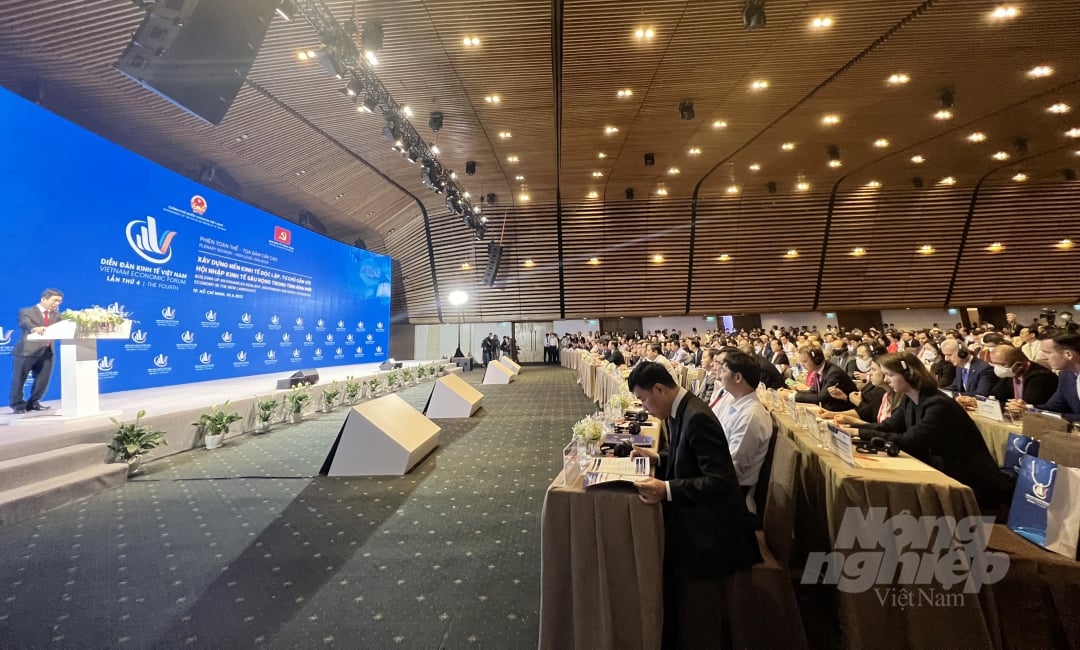
Ho Chi Minh City was for the first time chosen to hold Vietnam Economic Forum. Photo: Nguyen Thuy.
On June 5, Central Economic Commission held the 4th Vietnam Economic Forum with the theme "Building an independent and self-reliant economy associated with extensive economic integration in the new situation". The forum welcomed the attendance of Prime Minister Pham Minh Chinh.
After 35 years of "doi moi" (renovation), Vietnam has achieved impressive development achievements with outstanding results. Vietnam's economic scale has expanded by 12 times, the average income per capita increased by 8.3 times, import-export turnover increased by 29.5 times, and foreign direct investment (FDI) increased by 22 times. The poverty rate nationwide from 58% in 1993 now decreases to only 2.23% in 2021 according to new standards.
Up until the present date Vietnam has had diplomatic relations with 189/193 UN member states, including strategic partnerships and comprehensive partnerships with 30 countries. Vietnam has trade relations with over 220 partners; 71 countries have recognized the nation's market economy status. Vietnam has also signed and participated in 15 free trade agreements, including many new generation free trade agreements.
However, Head of the Central Economic Commission Tran Tuan Anh said that apart from having outstanding achievements, the economy's self-control capacity, adaptability and resilience to shocks or external impacts remained weak. Its autonomy was strongly influenced by fluctuations in production activities in the foreign investment sector and some large markets.
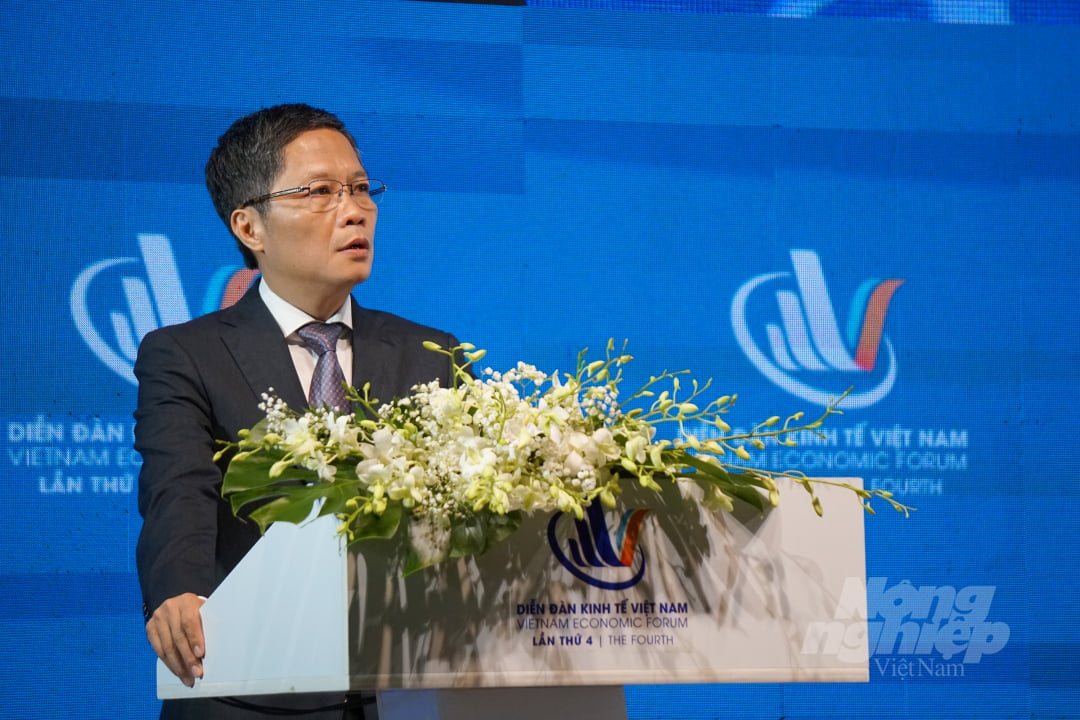
Head of the Central Economic Commission Tran Tuan Anh. Photo: Nguyen Thuy.
“In the economic structure, the FDI sector contributes to 20.13% of GDP, accounting for 72% of total export value. FDI enterprises dominate 12 out of 24 processing and manufacturing sub-industries, playing a dominant role in 4 of 5 largest export industries, which are textiles, footwear, electronics, furniture manufacturing, and import-substituting processing and manufacturing industries such as rubber-plastics, base metals and mechanical products. Experiences from other countries show that Vietnam cannot successfully industrialize and modernize if it only relies on FDI,” said the Head of the Central Economic Commission.
The results from analyzing the I-O interdisciplinary structure show that Vietnam’s economy is basically a capital-intensive economy with processing and assembly being the main industries. Although the innovation index ranking has improved, the fundamental factors are still poor.
Both public and private total spending on research and development in Vietnam reached only 0.53% of GDP in 2019, much lower than the world average of 1.7%. Innovation capacity is still low as the number of Vietnamese patents granted by prestigious international agencies is only 1/3 of Thailand, 1/11 of Malaysia, and 1/3170 of China. The patent rate per one million population is 0.21, ranked 91st out of 141 countries. The number of patents granted to Vietnamese people only accounts for 4.62% of the total number of patents granted worldwide.
Especially in the field of agriculture, Vietnam has to import over 70% of machinery and equipment. Varieties of crops and livestock still depend on imports, typically 80% of vegetable varieties and 60% of maize varieties.
"Overall, it shows that Vietnam's economy is highly integrated, has great openness, but focuses on only a few markets, and the structure is unsustainable, leading to high dependency," said Mr. Tran Tuan Anh.
Despite the limitations, under the leadership of the Party, Government and Prime Minister, the transition to the "safe and flexible adaptation, effective control of the Covid-19 epidemic" status has had remarkable results. Vietnam's economy is continuing to gradually return to the fast growth trajectory as before the pandemic.
The economy has made a comeback in the first quarter of 2022 with a high growth momentum of over 5%. The fields of export, investment, and consumption all experience a strong rise, and investors' confidence increased sharply.
"The impact of the recent pandemic along with the appearance of many new events in the international context, typically the Russia-Ukraine conflict, has been raising the issue that Vietnam needs to be faster, more drastic, substantive and more effective in the process of building an independent and self-reliant economy associated with extensive and effective international integration," said Mr. Tran Tuan Anh.
To achieve the goal that Vietnam becomes a developing country with modern industry, high middle income by 2030 and a developed country with high income by 2045, the urgent, pivotal, consistent and long-term task is to build a dynamic, fast, sustainable, independent, and self-reliant economy on the basis of science, technology, innovation and at the same time improving efficiency in foreign affairs and international integration.
Translated by Samuel Pham
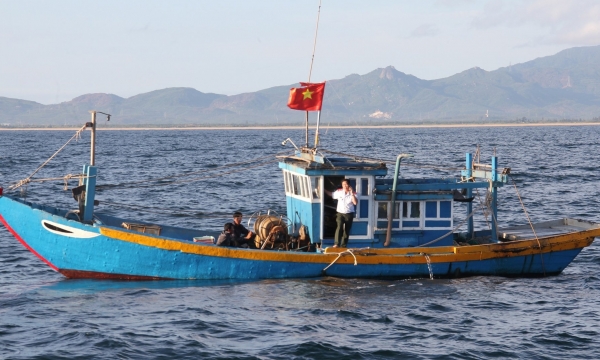
(VAN) Combating IUU fishing is a worldwide problem. As a result, governments must strengthen their collaboration in order to take effective action and guarantee the sustainability of seafood resources.
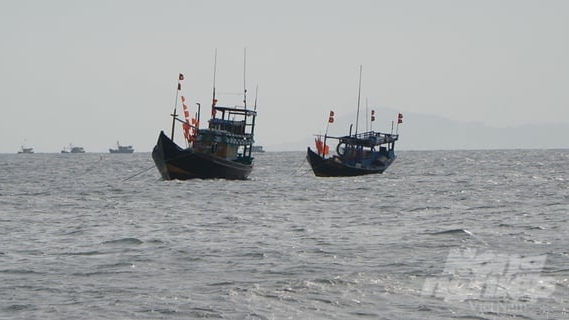
(VAN) Strict management of '3 no' fishing vessels in Ba Ria - Vung Tau helps the province effectively implement the EC's anti-IUU fishing recommendations and control the fishing fleet.
/2024/04/22/3159-9-202859_158.jpg)
(VAN) There are three main solution pillars for developing the crop production industry, including resources, infrastructure, and science and technology.
/2024/04/22/4244-anh-3-193503_494.jpg)
(VAN) The national crop production strategy is a good opportunity to create diversity, bring income to farmers, increase economic value, and contribute to socio-economic development.
/2024/04/22/1205-1-190414_594.jpg)
(VAN) The Prime Minister issued Decision No. 1784 dated December 30, 2023, approving the plan to develop the crop production industry until 2030, with a vision to 2050.
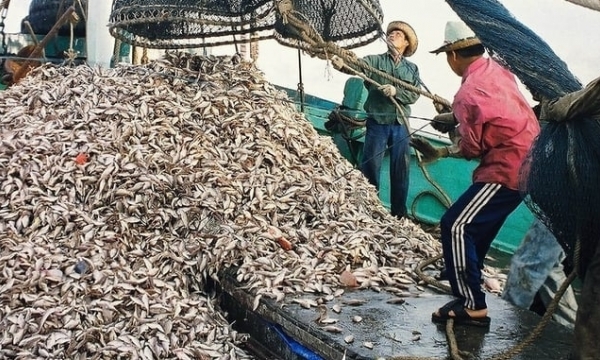
(VAN) The goal of the action plan is to identify anti-IUU fishing as an urgent, crucial and long-term task for the sustainable development of the fisheries sector.
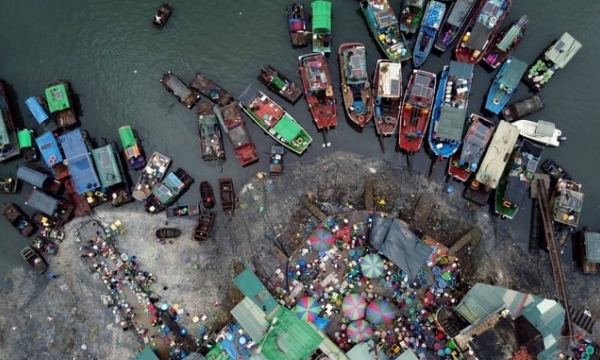
(VAN) Despite numerous challenges, Permanent Member of the Secretariat Truong Thi Mai emphasized the need for decisive action to achieve tangible results in anti-IUU fishing efforts.